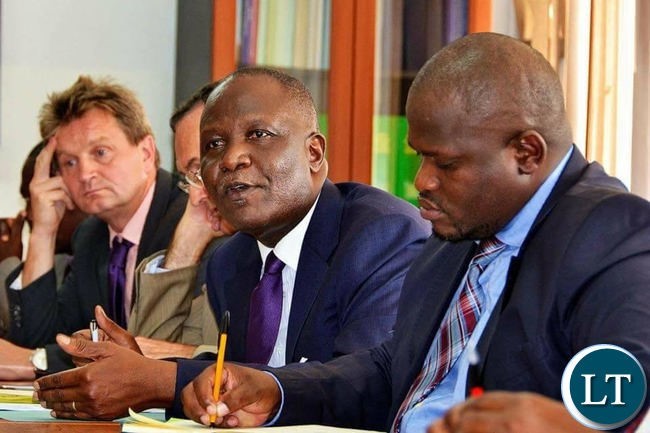Zambia has become Africa’s first pandemic-era sovereign defaulter after the copper producing nation failed to pay an overdue Eurobond coupon before a 30-day grace period elapsed on Friday.
Finance Minister Bwalya Ng’andu insisted the country wasn’t in a position to make the payment and sought a reprieve until April.
“They will not support the standstill or consent solicitation and, given our precarious position that requires us to treat all creditors equally, we have no other alternative but to accumulate arrears,” Finance Minister Bwalya Ng’andu said.
Zambia External Bondholder Committee — a large group of creditors holding more than 40% across all Zambia’s bonds and a blocking stake in each issue — rejected the government’s plan, citing a lack of transparency and communication.
“Investors are really miffed that Zambia had three years to go to the International Monetary Fund and get some funds, but refused to let the fund into the country to avoid painful reforms,” said Lutz Roehmeyer, CIO at Capitulum Asset Management, who voted to support the payment deferral but is not part of the group.
Zambia was due to pay a $42.5 million coupon on one of its $3 billion dollar-denominated sovereign bonds when the 30-day grace period expires at the end of Friday.
Following Zambia’s failure to pay the coupon, it has now been classified as a default on its three outstanding Eurobonds with a face value of $3 billion.
Even before the coronavirus pandemic caused a global economic slowdown, Zambia was struggling with mounting debt.
Data from Lusaka showed that Zambia’s total external debt stock stood at $4.8 billion, or 18% of gross domestic product, by the end of 2014. Five years later, it had more than doubled to $11.2 billion, or 48% of GDP. The IMF predicts a rise to nearly 70% by year’s end.
The Eurobonds are not its only debt. Zambia owes some $3.5 billion in bilateral debt, $2.1 billion to multilaterals and $2.9 billion to other commercial lenders. It owes about $3 billion to China and Chinese entities.
Zambia’s currency (Kwacha) has tumbled nearly a third since the start of the year, adding to the pressure.
Zambia’s dollar bonds are trading between 45-47 cents on the dollar, according to Tradeweb data.
With a number of African countries struggling with unsustainable debt, Zambia is being closely watched as a test case for how borrowers and creditors might navigate a broader debt crisis.
“African countries need to come to some resolution quickly in order for them to also deal with other pressing health and economic issues that COVID has exacerbated,” said Jacqueline Musiitwa, managing partner at Hoja Law Group.
“Right now, there just needs to be more transparency in general to make sure that Africa finds a solution, not only for the short term but also for the long term.”

